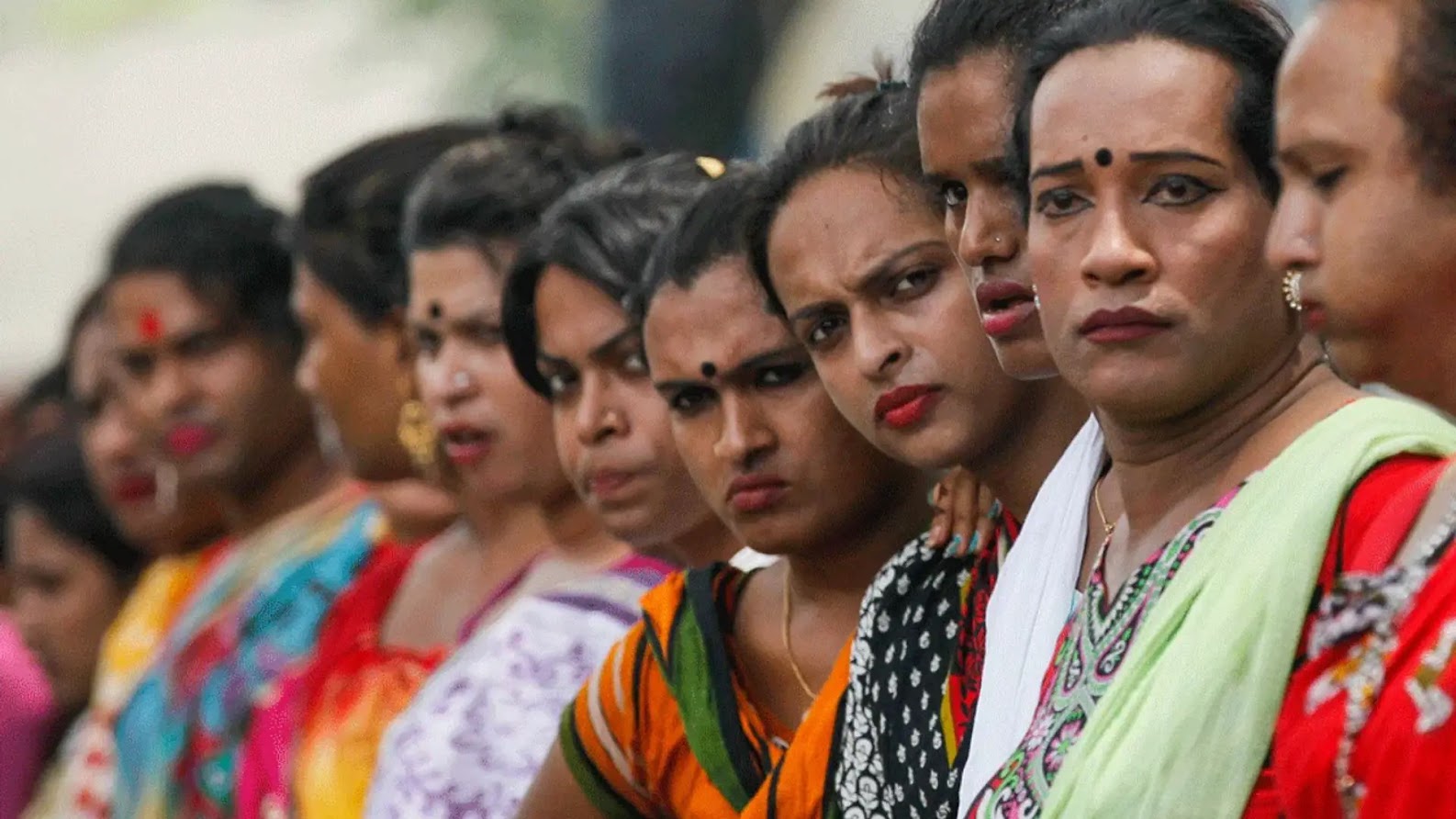In a significant move aimed at fostering social inclusion and providing much-needed support, the Jharkhand government has taken a progressive step by including the transgender community in its universal pension scheme. This decision was announced during a cabinet meeting presided over by Chief Minister Hemant Soren, marking a watershed moment in the state’s commitment to address the needs of its transgender population.
Transgender Inclusion in the Universal Pension Scheme
Cabinet Secretary Vandana Dadel made the announcement, stating, “The council of ministers has approved the proposal of Mukhyamantri Rajya Samajik Suraksha Pension Yojana for transgender people under the social assistance scheme. The eligible beneficiary will receive Rs 1,000 per month as financial aid. This step acknowledges the unique challenges that transgender individuals often face, such as discrimination and marginalization, and seeks to provide them with a crucial safety net.
Growing Transgender Population
The transgender population in Jharkhand has been on the rise, and according to the Department of Women, Child Development, and Social Security (WCDSS), it was estimated to be around 11,900 in 2011. Current figures suggest that this population has grown to nearly 14,000 individuals. Recognizing the changing demographic landscape, the government’s decision to extend social security measures is not only timely but also imperative.
Eligibility Criteria
To benefit from the pension scheme, transgender individuals are required to obtain a certificate from the deputy commissioner’s office. Eligibility criteria include being 18 years of age or older and possessing a valid voter ID card. These measures are put in place to ensure that the support reaches those who genuinely need it.
Facility Enhancement for Transgenders
In addition to the pension scheme, the Department of Women, Child Development, and Social Security (WCDSS) is also focusing on enhancing facilities for transgender individuals. One notable initiative is the proposal to construct separate toilets for them in hospitals, a crucial step towards recognizing and respecting the specific needs of this community.
Promoting Sensitization and Reducing Discrimination
The government’s efforts extend beyond just financial support. Officials are actively engaged in sensitizing the public to reduce discrimination against transgender individuals. This holistic approach aims to create an inclusive society where every citizen is treated with respect and dignity.
Benefits Under Backward Class Category
Transgender individuals who do not fall under any caste reservation category will also receive the benefits of the backward class-2 category. This move ensures that those who have historically faced discrimination and marginalization receive the necessary support.




 Which Country is the Largest Kidney Bean...
Which Country is the Largest Kidney Bean...
 What is the Capital of Saudi Arabia? Kno...
What is the Capital of Saudi Arabia? Kno...
 Project HANUMAN Launched to Address Grow...
Project HANUMAN Launched to Address Grow...








